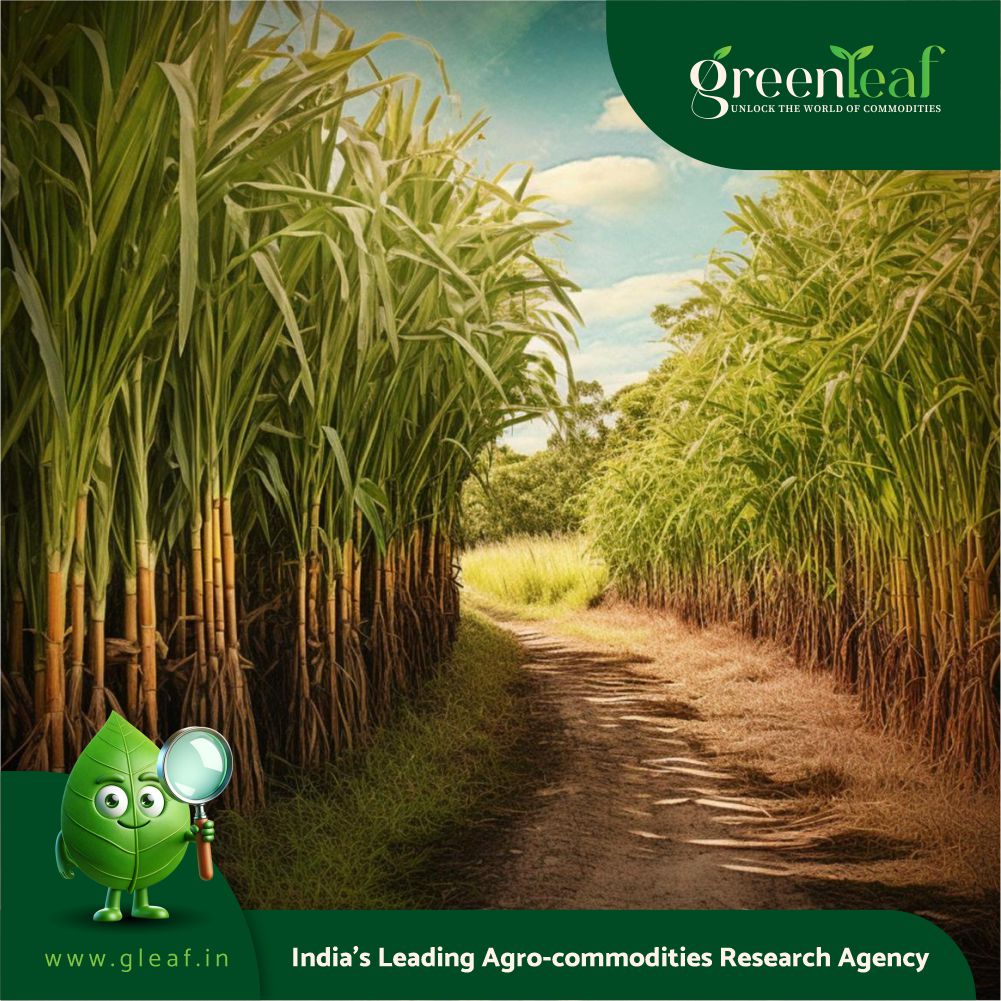In a major boost to India’s green manufacturing push and agri-industrial integration, Kolkata-headquartered Balrampur Chini Mills Ltd (BCML) has launched ‘Balrampur Bioyug’, touted as the country’s first industrial-scale PLA (Polylactic Acid) biopolymer brand, offering a bio-based, eco-friendly alternative to fossil-derived plastics.
Balrampur Chini says that the initiative is positioned as a sustainable, “earth-to-earth” solution, representing a strategic milestone in reducing fossil-fuel reliance in packaging and single-use plastics, while unlocking new value for sugarcane, a key crop in northern India.
India’s first fully integrated PLA plant
BCML, one of India’s leading sugar manufacturing companies, has launched Balrampur Bioyug with an investment of Rs 2,850 crore in a phased manner. The PLA project will be operational at the end of 2026, as per the company. Guided by bio-circularity, Bioyug is not merely a plastic alternative but a holistic vision for sustainable manufacturing, says the company, adding that the first-of-its-kind initiative further aligns with national goals under Atmanirbhar Bharat and Viksit Bharat, offering a pathway for home-grown innovation to lead the global sustainability narrative.
“The Bioyug initiative is centred around a fully integrated facility that will convert sugarcane derivatives directly into PLA through a circular, renewable energy-powered process. This is the first facility globally to consolidate the entire PLA production cycle—from sugarcane to biopolymer—at a single site,” Avantika Saraogi, Executive Director at Balrampur Chini Mills, told ET Online.
The plant, located in Kumbhi, Uttar Pradesh, adjacent to BCML’s existing sugar mill, will produce annually 80,000 tonnes of PLA—a 100% compostable, plant-derived alternative to conventional plastic. The material, derived from renewable sources like sugarcane, will have applications across food service, packaging, biomedical, textiles, and 3D manufacturing. The plant also aims to produce PLA for products like food trays, curd cups, disposable cutlery, and packaging materials, according to the company.
What sets Bioyug apart
The company claims several elements make Bioyug a pioneering effort. Besides being India’s first industrial-scale PLA brand derived from sugarcane, it also boasts end-to-end integrated production—from agri-feedstock to biopolymer—at one location. It is also fully powered by renewable energy, significantly cutting lifecycle emissions, with direct value linkage to sugarcane farmers. Notably, it targets banned single-use plastics in packaging and food service.
“We are not just launching a brand—we are creating a platform to reimagine India’s agri-value chain,” said Saraogi, adding that Bioyug aligns with national priorities under the BioE3 and Bioplastic Policy frameworks and enables the conversion of agricultural surplus into high-grade, globally competitive green materials.
Among those present at the launch, S.K. Nayak, former DG of CIPET (The Central Institute of Petrochemicals Engineering and Technology), commended the initiative, underlining it would drive sustainability throughout the nation’s extensive sugarcane value chain, and said, “The launch of Bioyug marks a pivotal advancement in India’s biopolymer landscape—establishing the country’s first fully integrated PLA value chain, from biomass conversion to polymerisation, at a single site. This end-to-end model enhances operational efficiency, supports the circular economy, and contributes meaningfully to carbon footprint reduction through renewable, bio-based inputs.”
According to Stefan Barot, President of BCML’s Chemical Division, the Bioyug plant’s integrated, renewable energy-powered model sets a global standard for low-carbon, efficient production.
The initiative, whose name translates to ‘The Era of Bio-Circularity,’ is seen as a major step forward in India’s transition toward a bio-based, low-emission future. ‘Bio’ reflects the company’s focus on sustainable, plant-derived materials like PLA and its strong linkages with India’s agricultural ecosystem, particularly sugarcane farmers in Uttar Pradesh. Meanwhile, ‘Yug’—drawn from Sanskrit—symbolises the beginning of a new era founded on ecological responsibility and circular economy principles.
Empowering sugarcane farmers
The launch event, held at Mumbai’s Jio World Convention Centre, was attended by policymakers, scientists, and sustainability leaders, including Maharashtra Deputy Chief Minister Devendra Fadnavis.
Sarogi adds that the launch is expected to be a “game-changer” for sugarcane economies in Uttar Pradesh and Maharashtra. By focusing on non-edible, high-value derivatives of sugarcane, BCML aims to reduce reliance on traditional sugar and ethanol markets and integrate Indian farmers into the global bioplastics supply chain.
“Through Bioyug, we are creating a new revenue pathway for sugarcane growers,” she said, adding that it links grassroots agriculture with advanced green manufacturing, helping rural India become a part of the circular economy.
Vivek Saraogi, Chairman & Managing Director, Balrampur Chini Mills Limited, says, “PLA is a bio-based, compostable material that emits 68% less CO₂ over its lifecycle compared to fossil-based plastics, offering an environmentally friendly alternative for a sustainable planet. This project is aimed at fuelling India’s journey towards achieving net zero emissions by 2070.”
According to Saraogi, India has the raw material and the intent, and now, with Bioyug, the country is seeing the first scaled demonstration of how sugarcane can power not just energy or ethanol—but materials that replace plastic. Saraogi further emphasised that PLA has the potential to be one of India's strongest export stories from the bioeconomy, as it plays to our natural advantage in agri-residues and aligns perfectly with Atmanirbhar Bharat and the vision of Viksit Bharat.
The company expects Bioyug to catalyse MSME participation in downstream packaging and green innovation. The company has called for policy incentives to support early adoption, develop composting infrastructure, and spur market demand.
















